Coronavirus likely to infect 85% of Indians if precautions not taken
By Lokmat English Desk | Published: September 24, 2020 07:38 PM2020-09-24T19:38:27+5:302020-09-24T19:38:27+5:30
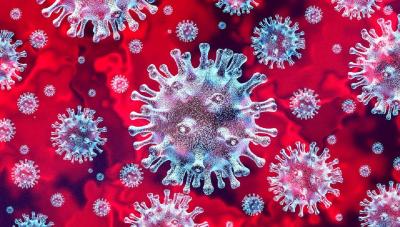
Around 85% of the Indian population may get infected by coronavirus if preventive measures, such as masks and social distancing, are not followed, government said on Tuesday.

Almost 80-85% persons in the country are susceptible to the coronavirus. Covid-19 cases are increasing in the country and the virus is spreading fast.
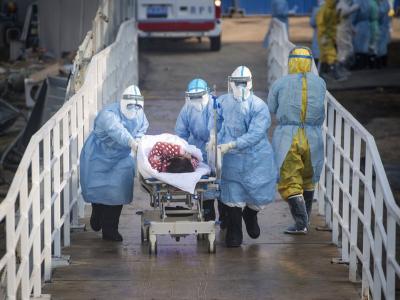
The science behind the virus is such that it will spread and transmit from one person to five persons and from five persons to fifty," said V K Paul, member, NITI Aayog.
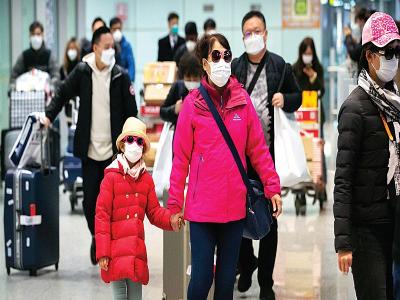
The overall situation in the country remained under control, he said, even as the number of cases scaled up to 56,40,441 and the toll crossed the 90,000 mark on Tuesday.

“One cannot stop the virus but we can certainly adopt the covid appropriate behaviour and control its transmission.
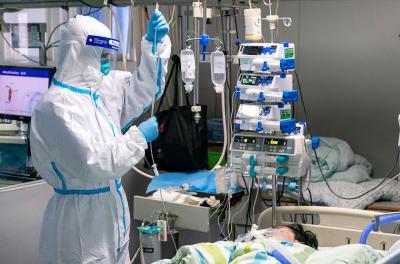
Estimates have shown that pandemic can be controlled up to 36-50% by wearing masks and social distancing," he said.

Clarifying the statement given at the health ministry press briefing about covid-19 situation in the country, a senior Indian Council of Medical Research (ICMR) official said that 80-85% of Indians remain susceptible and rest of the 15% population is either already infected by SARS CoV-2 causing covid-19 or they have good immunity to fight the virus.
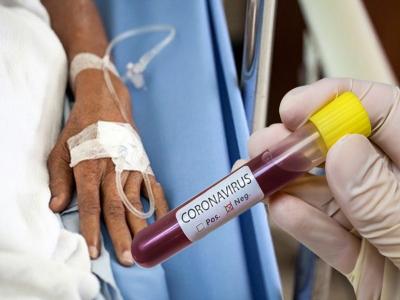
Health minister Harsh Vardhan on Sunday had said it would take some time for herd immunity to develop and be able to cover 70% of the population, hence, the focus of the government is primarily towards putting together a strategy that combines containment and hospital management.
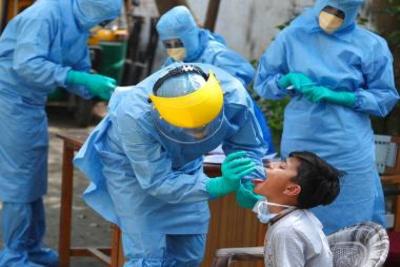
The government has been indicating high susceptibility of the population to the virus in its serological surveys.
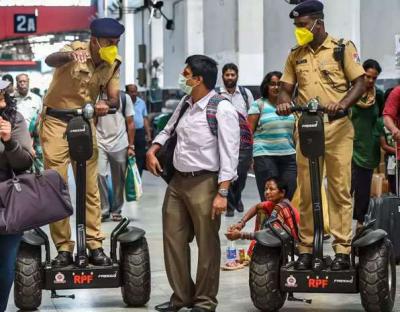
The country’s apex biomedical research agency ICMR concluded in its national serological survey that as most of the population remains susceptible to infection, India’s public health strategy needs to plan for an inevitable increase in transmission.
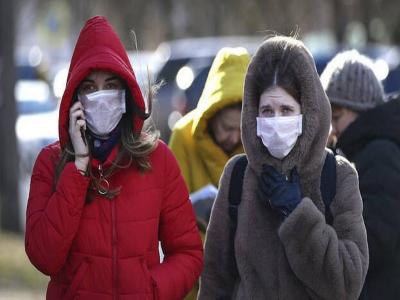
Repetition of the population-based sero survey can better inform changes in the extent and speed of transmission and help evaluate the potential impact of containment strategies over time in different parts of the country, the ICMR said.























